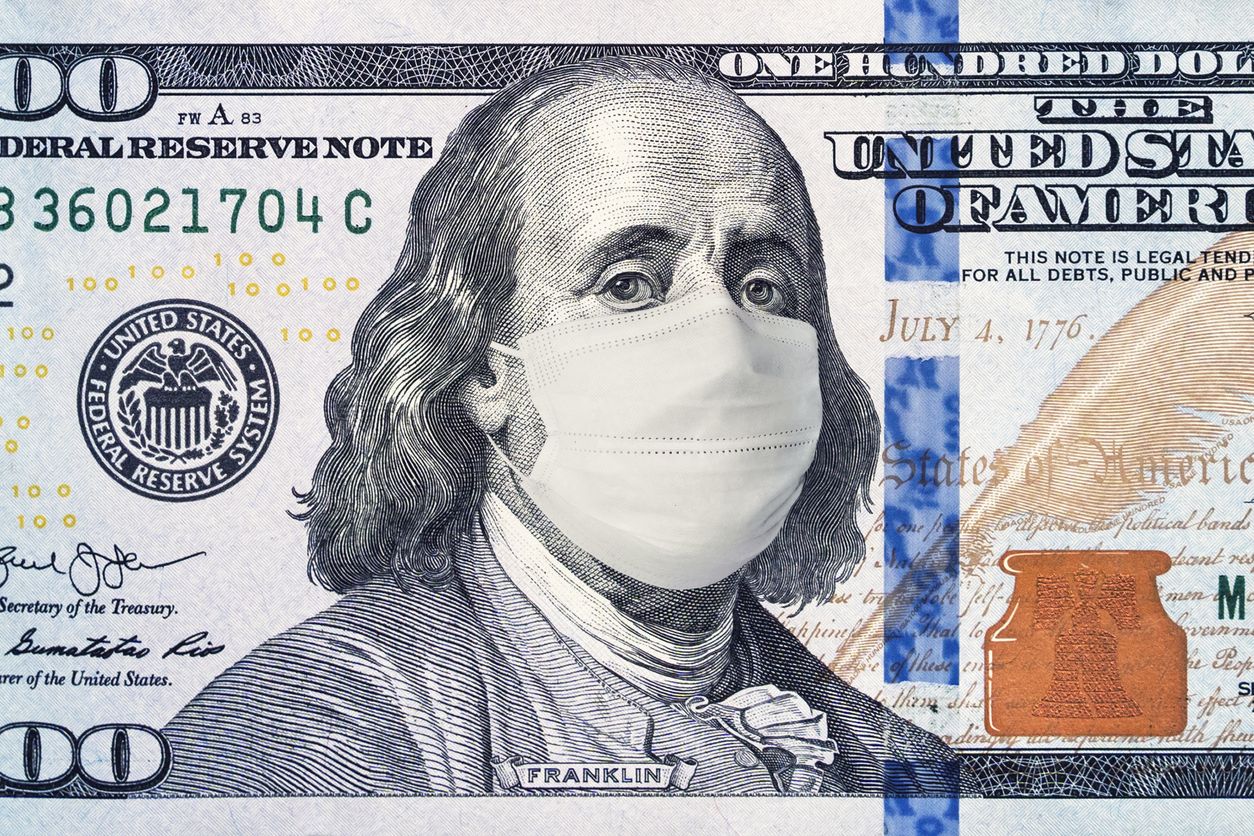How will the pandemic affect advertising?

So far, since the beginning of the pandemic, we have been able to see that much of the brands have almost completely moved to the online space or at least increased their presence in the digital world.
The reason is obvious - the pandemic of the Coronavirus has led to the need for social distancing, closure of borders, restaurants and non-essential shopping centers in many countries, including Serbia.
CURRENT SITUATION AND SALES GROWTH FOR FMCG BRANDS
Moving to the digital space, in this case, involves not only increased advertising for the sake of raising awareness, but also offering specific online shopping services, which is an elemental need at times when we want to avoid leaving our homes as much as possible.
The WARC (World Advertising Research Center) report helped us confirm what we ourselves might have noticed or assumed.
Online shopping is (expectedly) the most favored among Millennials and members of Generation X and this option is preferred by those with slightly higher incomes. This should be kept in mind when targeting.
Brands that belong to the FMCG (Fast-moving consumer goods) group are generally least affected, and as such, food, beverages, medicines, and hygiene products currently have an instant increase in sales, which you can easily see for yourself when you enter the supermarket and notice empty raffles with flour, milk, soap or toilet paper.
The crisis has forced people to begin to accumulate products that they think will be necessary if circumstances become more complicated. It is even possible that this state of panic will lead to long-term changes in consumer habits because the psychological effect will be such that people will feel the need to always have supplies as they have suddenly faced insecurity.
Simply put, this is a situation that none of us have been prepared for.
But what can we do as marketers?
WHAT CAN I RECOMMEND TO BRANDS?
In addition to giving potential customers the opportunity to shop online, we need to define a clear strategy to help the brand stand out from the competition.
Consumer insights so far in this short period support the claim that they want a brand that will address the virus and try to face at least some of the problems it has caused. The "everything is normal" approach simply won't "do the job". An even worse option is to completely stop advertising and wait for the "situation to calm down." It is a clear path to making a loss.
It is a good idea to support those who are fighting the current circumstances (for example, volunteers who help the elderly or people who make protective masks), or to donate your products where they are needed.
For example, the great action created by Ferdinand knedle includes reduced shipping costs and sending additional packages of products to your elderly neighbors. In addition, Ferdinand knedle gave dumplings lovers the opportunity to share their love for this dessert with others and to do a good deed at the same time. This is not only a remarkable marketing move that keeps sales up even in difficult times but a deeply humane approach that creates loyal customers in the long run, which in the future will choose your brand among others who did not give an additional value to them when they needed it the most.
This shows that even small businesses, which are, as the figures confirm, most affected by the situation, can compete for their place under the sun. All of us, as well as consumers who want to see the triumph of the "small man", are cheering for them to succeed.
If you are in charge of marketing a hospitality-related brand, enriching delivery can be a good idea. You have to be prepared to give more than usual because the circumstances are such that giving is remembered. This principle does not, of course, apply exclusively to the hospitality industry, but we emphasize it as a branch that is currently in crisis, so it is most obvious here that the approach can have a positive effect in general.
WHAT CAN WE EXPECT?
The brands that are facing the biggest problem are those related to tourism and travel because they currently have almost nothing to offer (with the exception of virtual tours), and the question remains when they will be able to do so. The recession is expected to last until the end of the year and it is unlikely that people will be able to set aside travel funds during this period.
An interesting fact from the WARC report is that after the 2008 economic crisis it took the advertising industry almost 11 years to completely recover! There is no need to panic, but this should be kept in mind. And we should be prepared for a long fight, in every sense of the word. We need to arm ourselves with information and engage in a thorough analysis of everything we see - competition behavior, consumer habits, current events. Only in this way we stand a chance to preserve our brands, by adapting to circumstances and understanding basic human needs.
Source: WARC data FMCG & COVID-19


